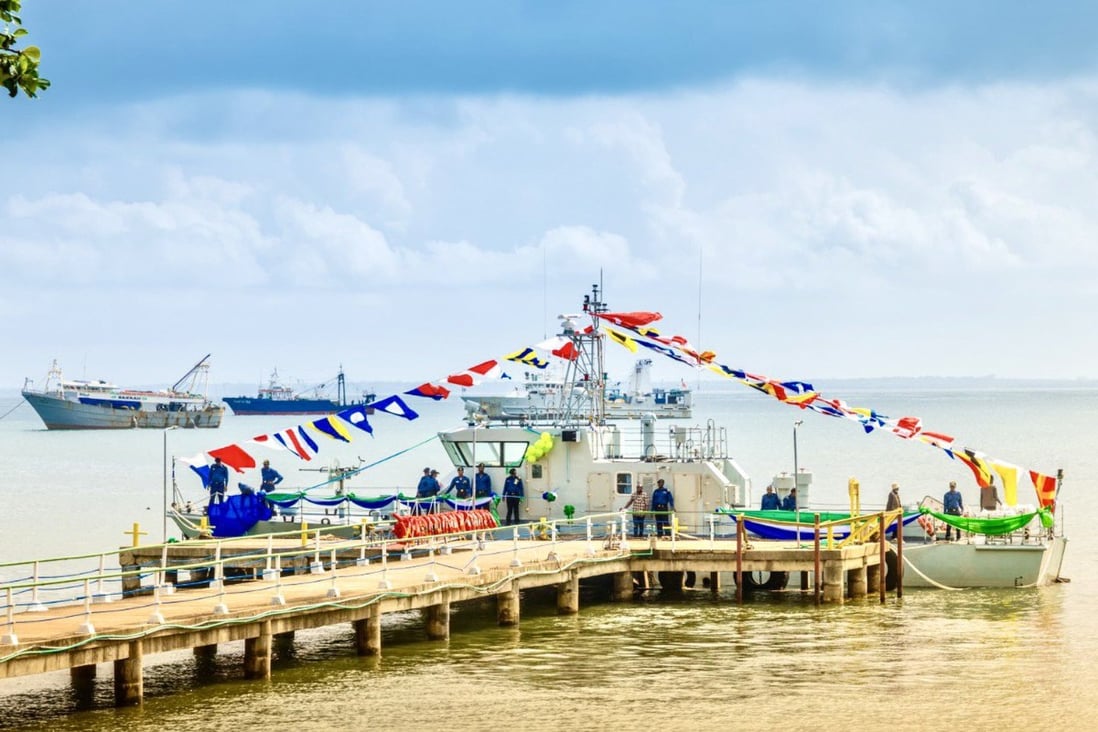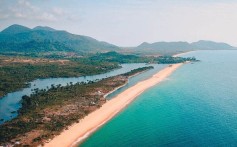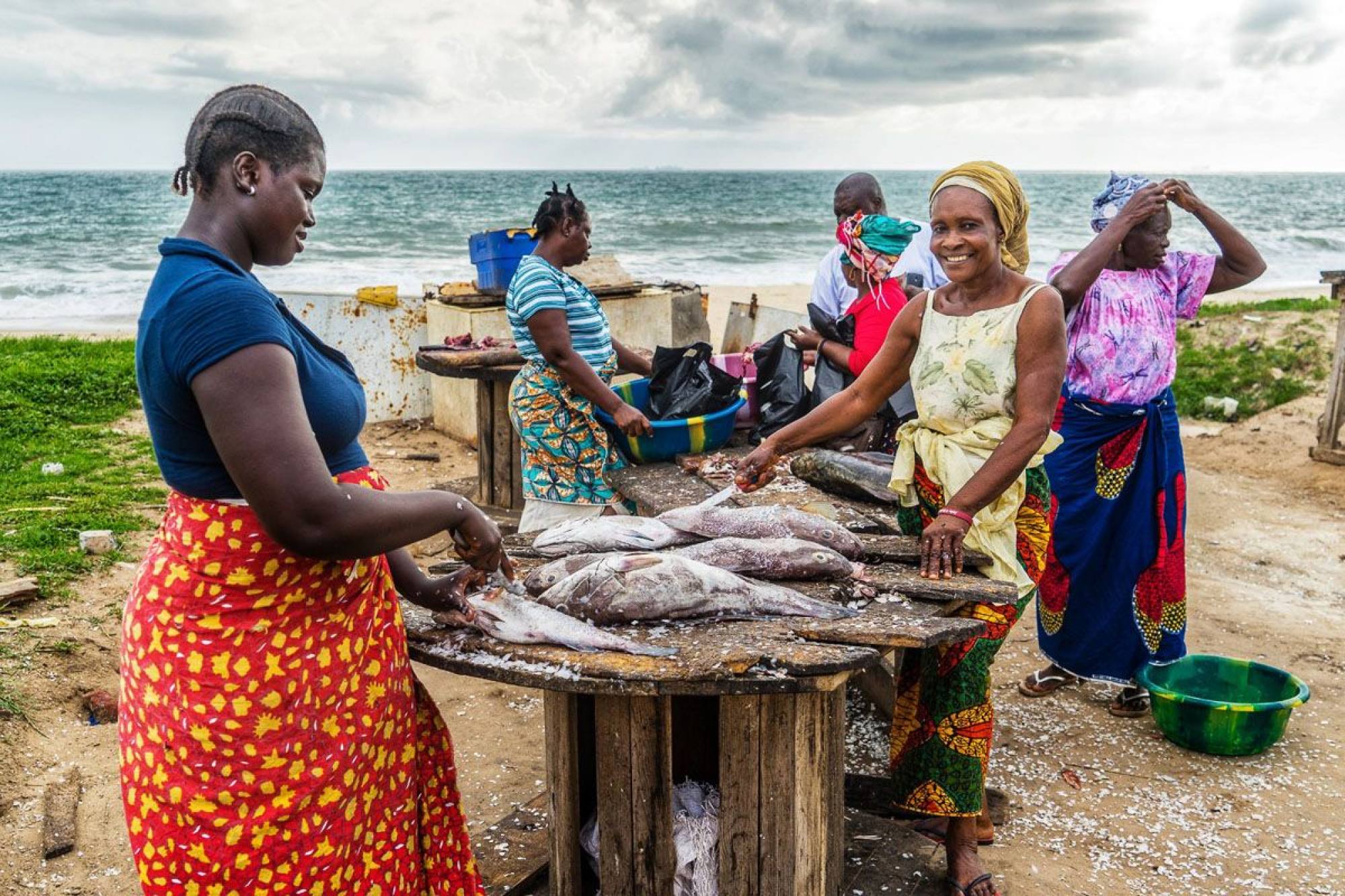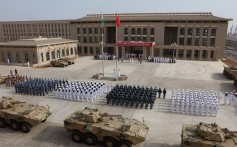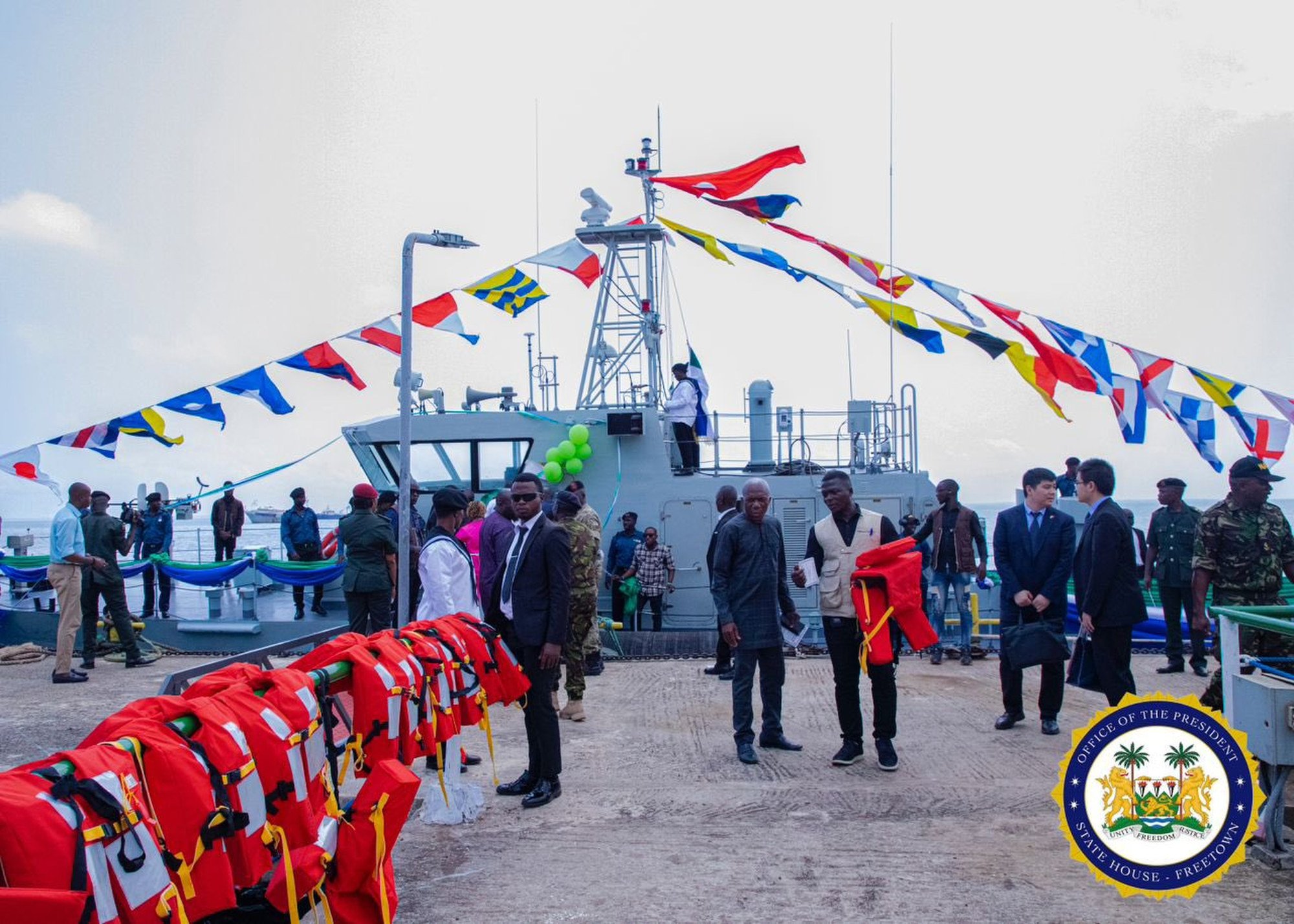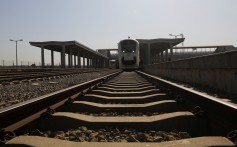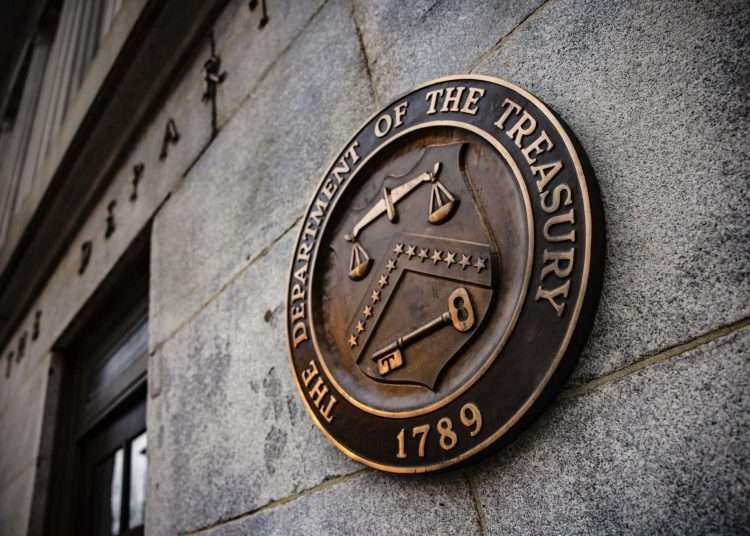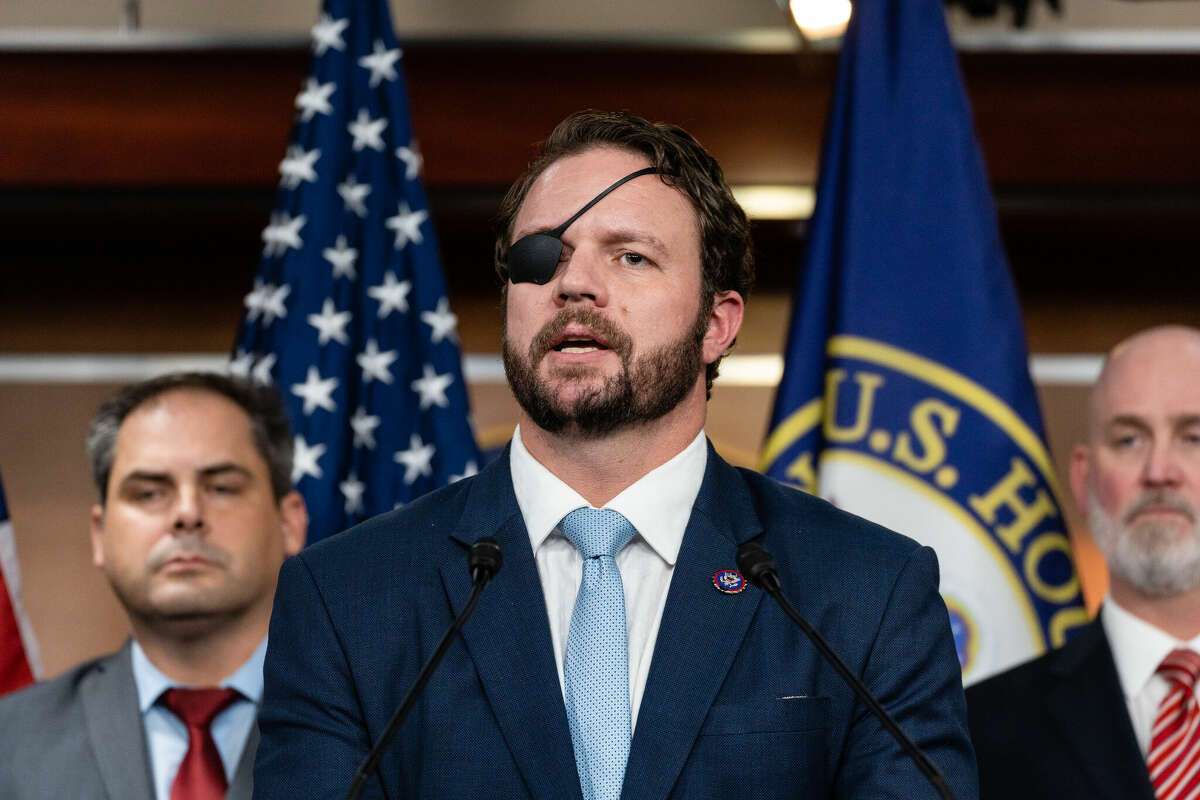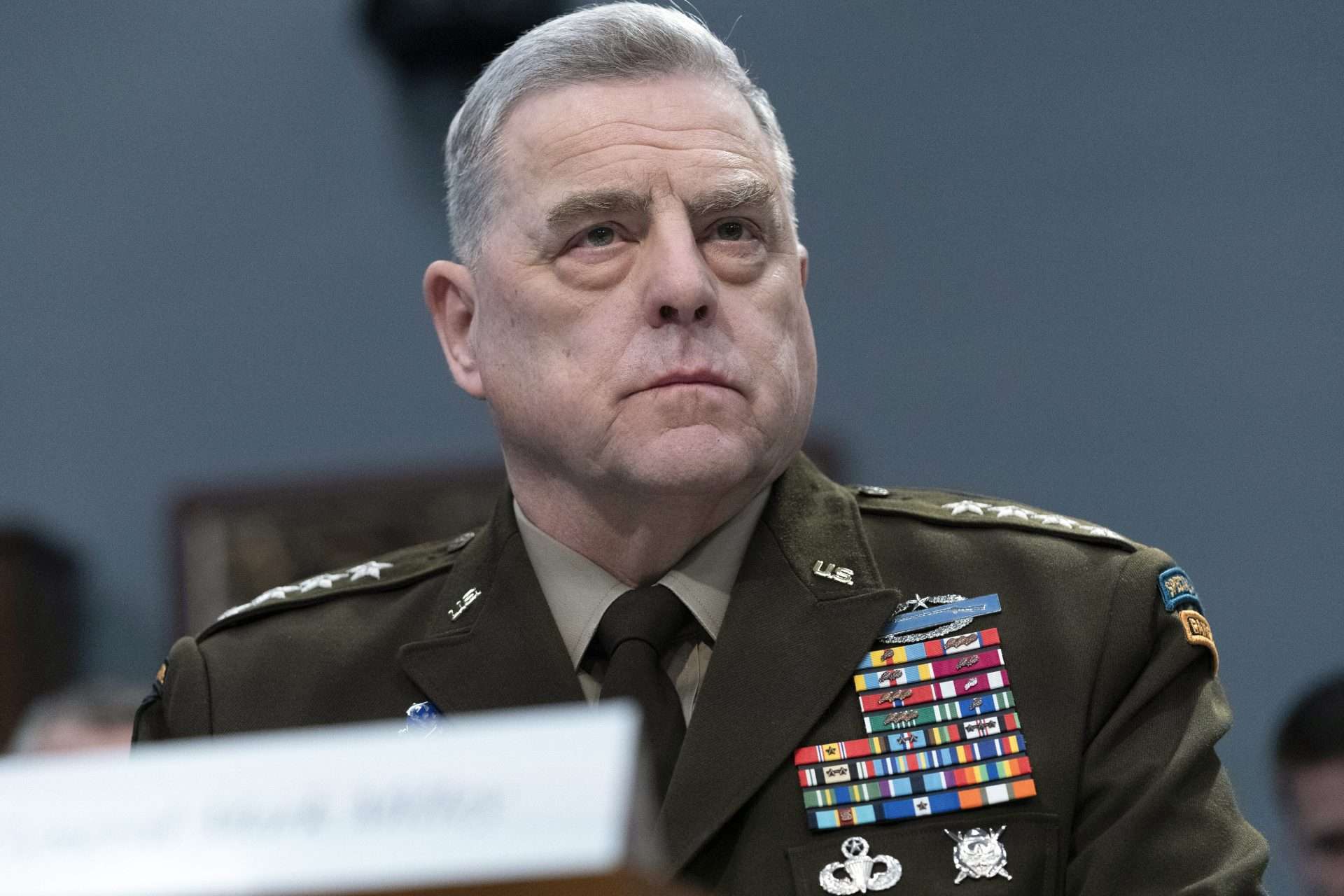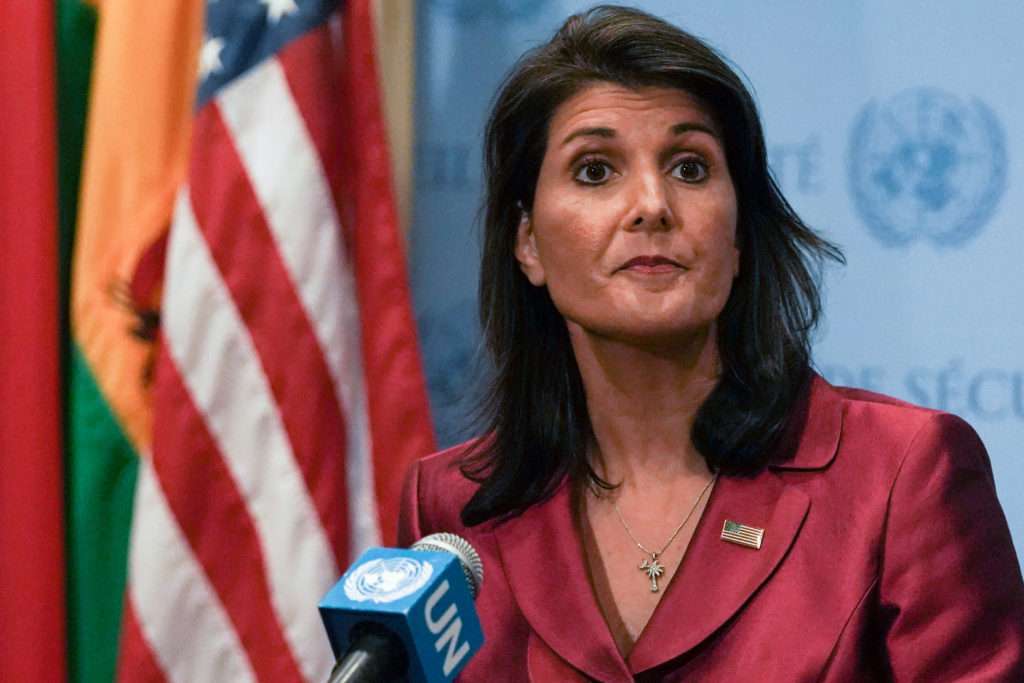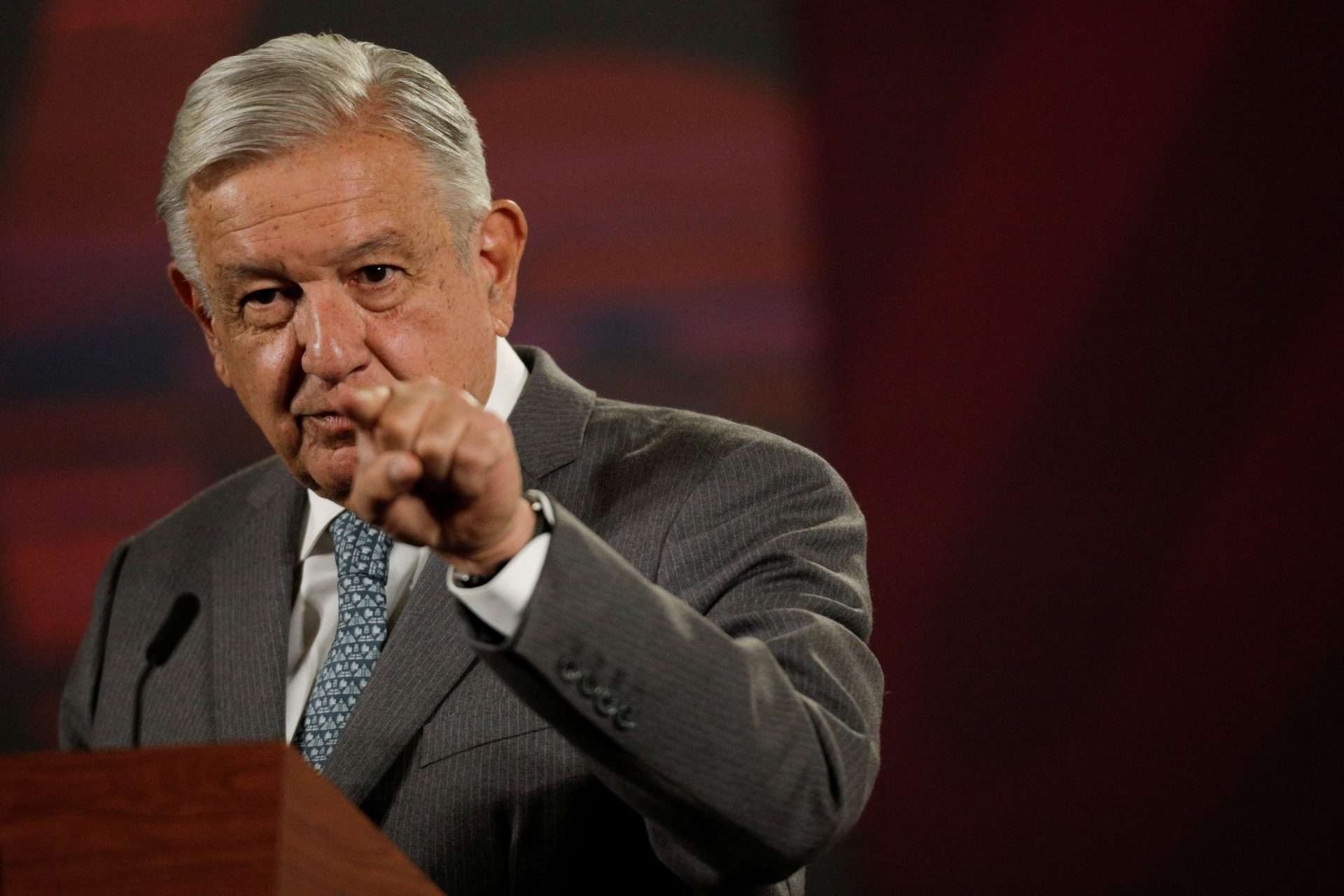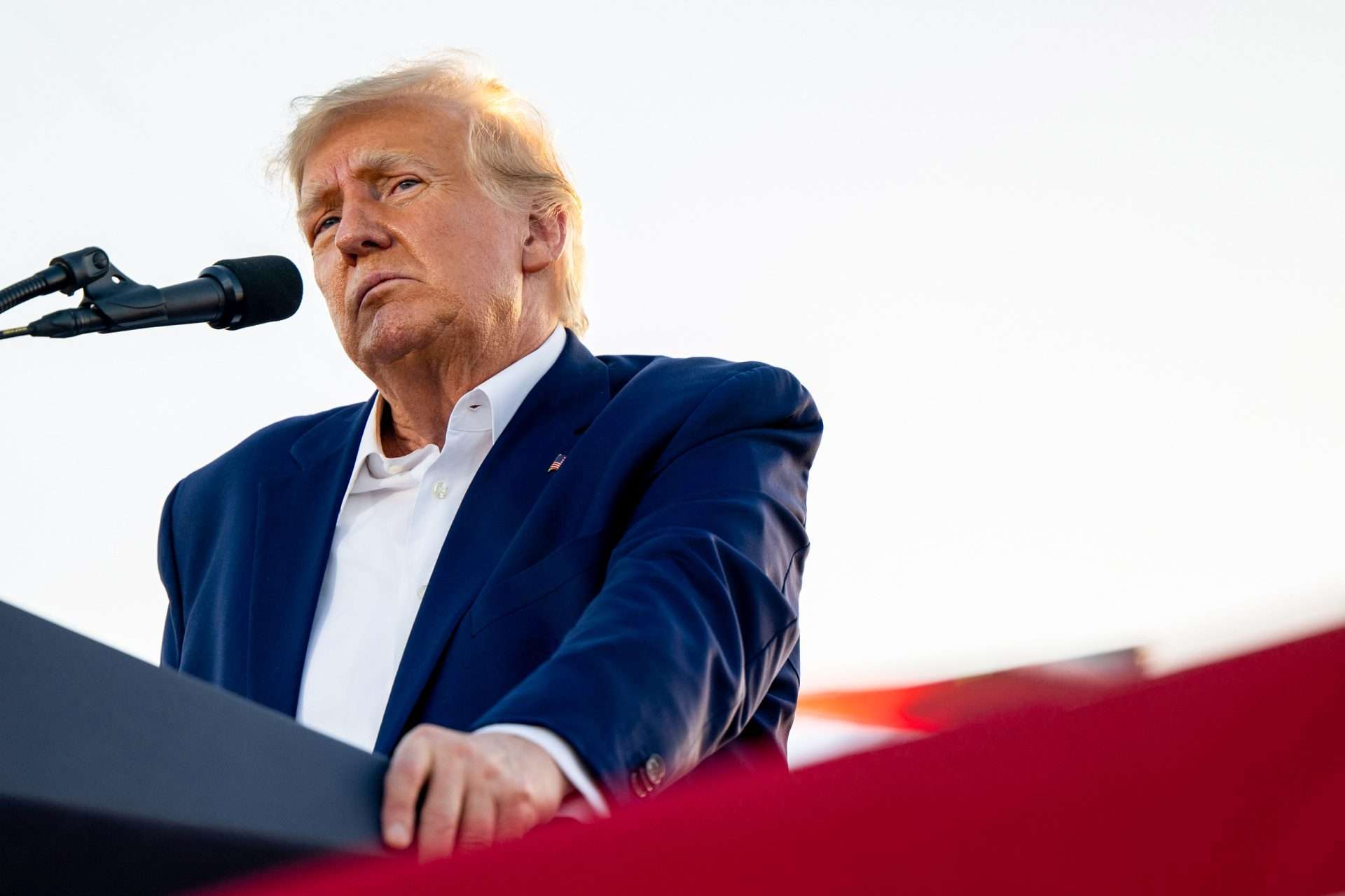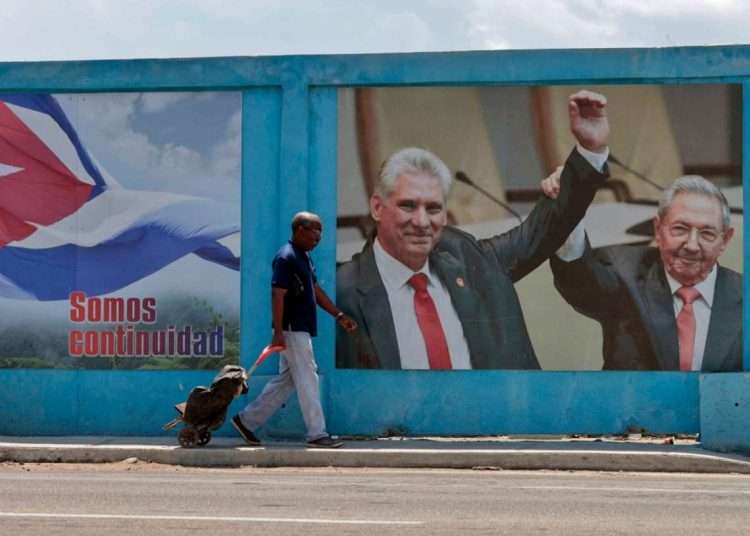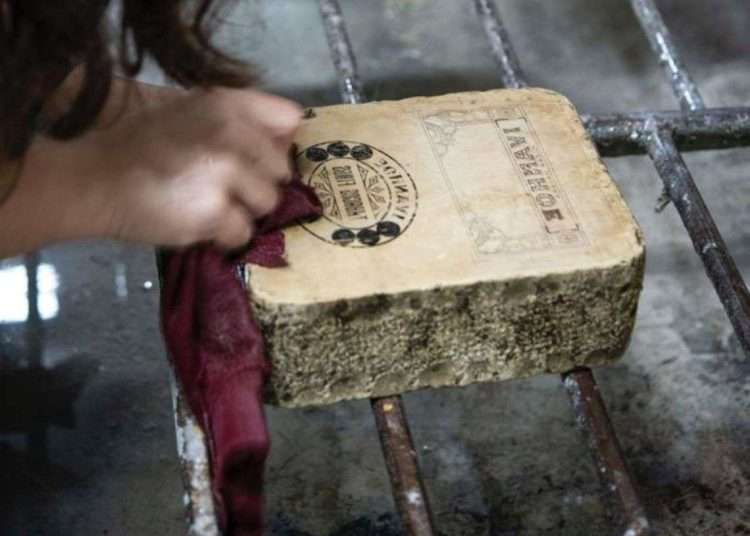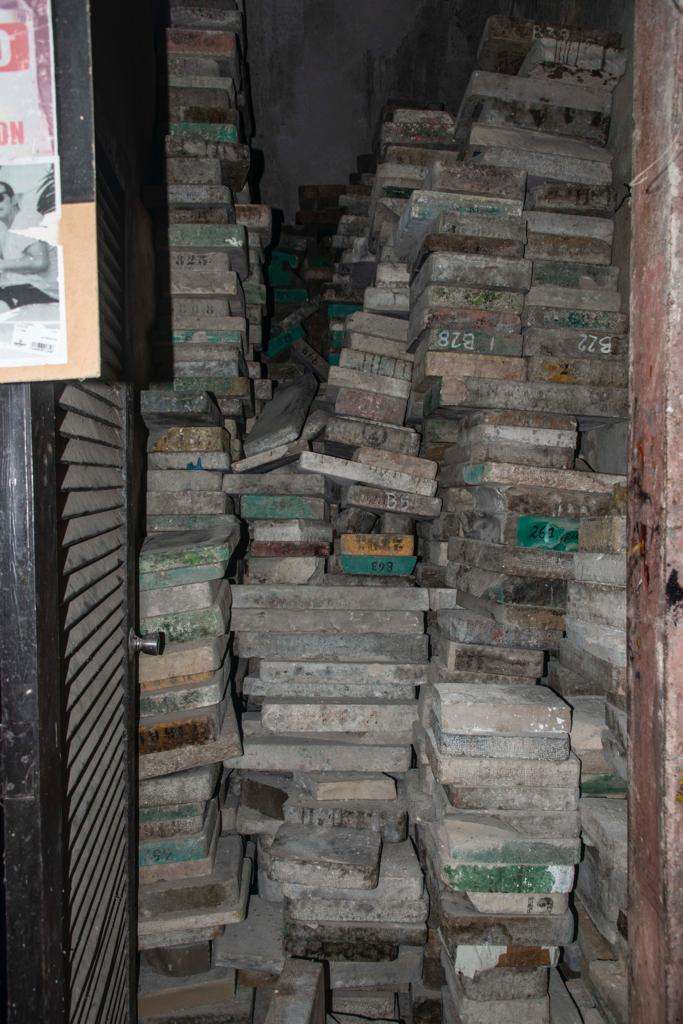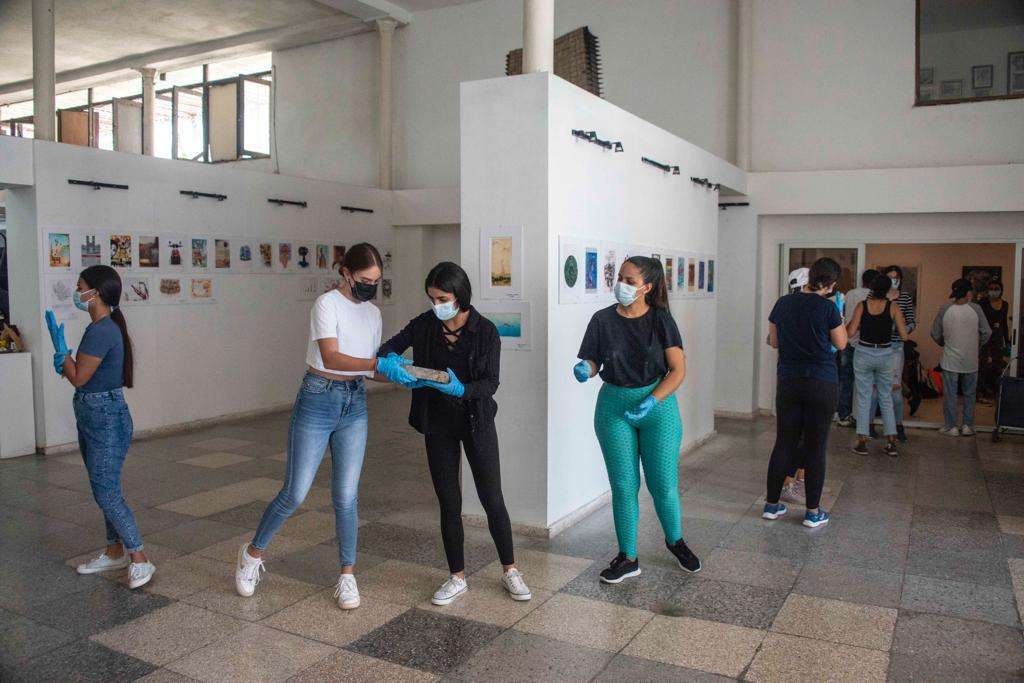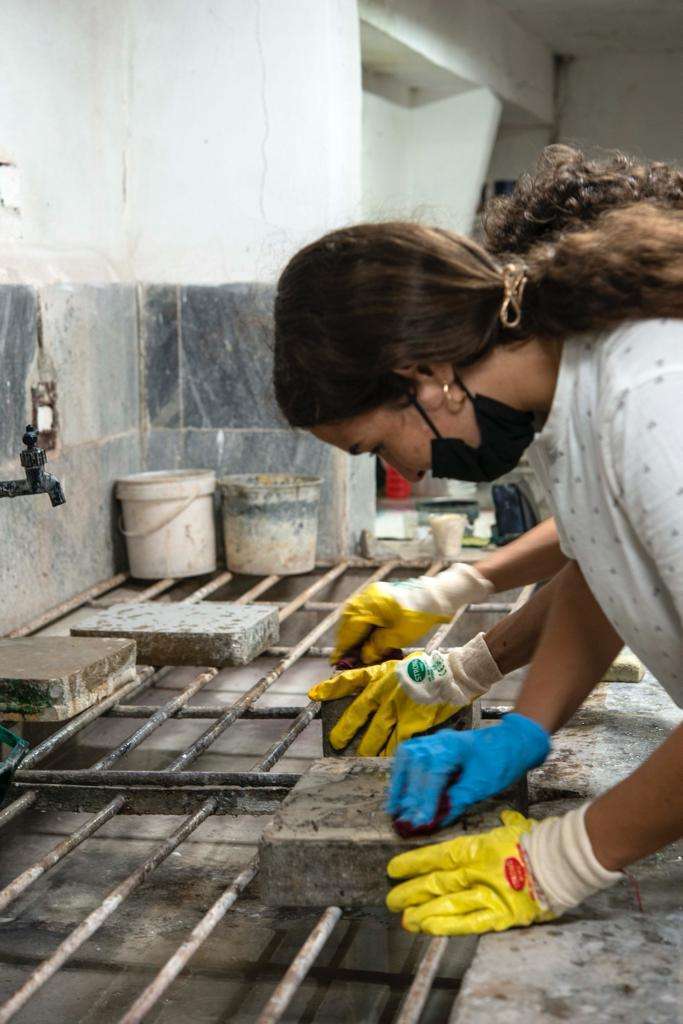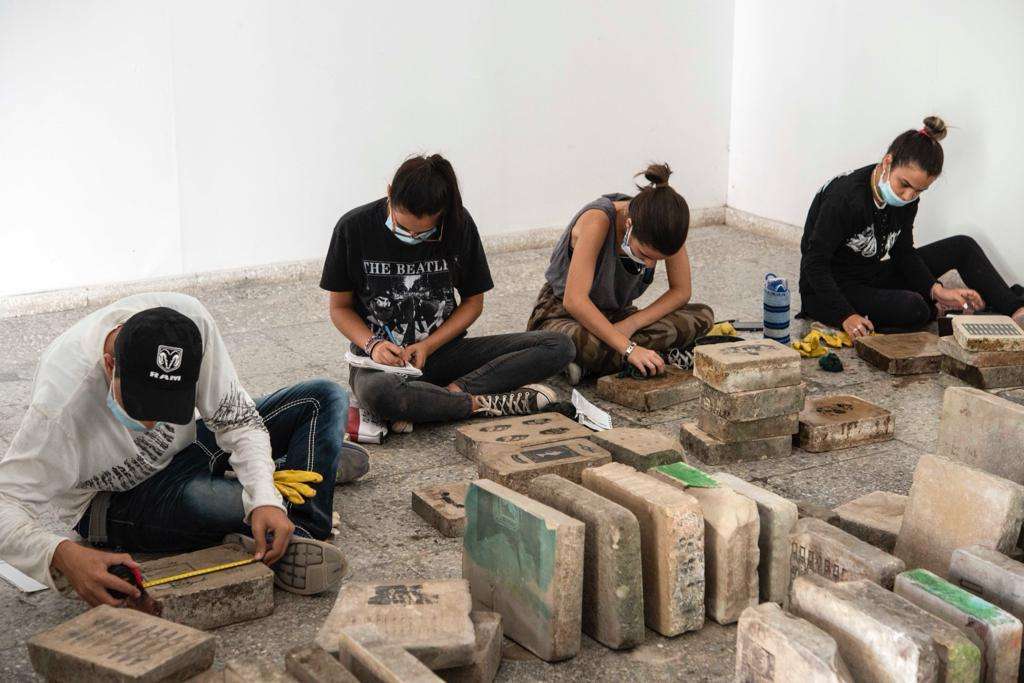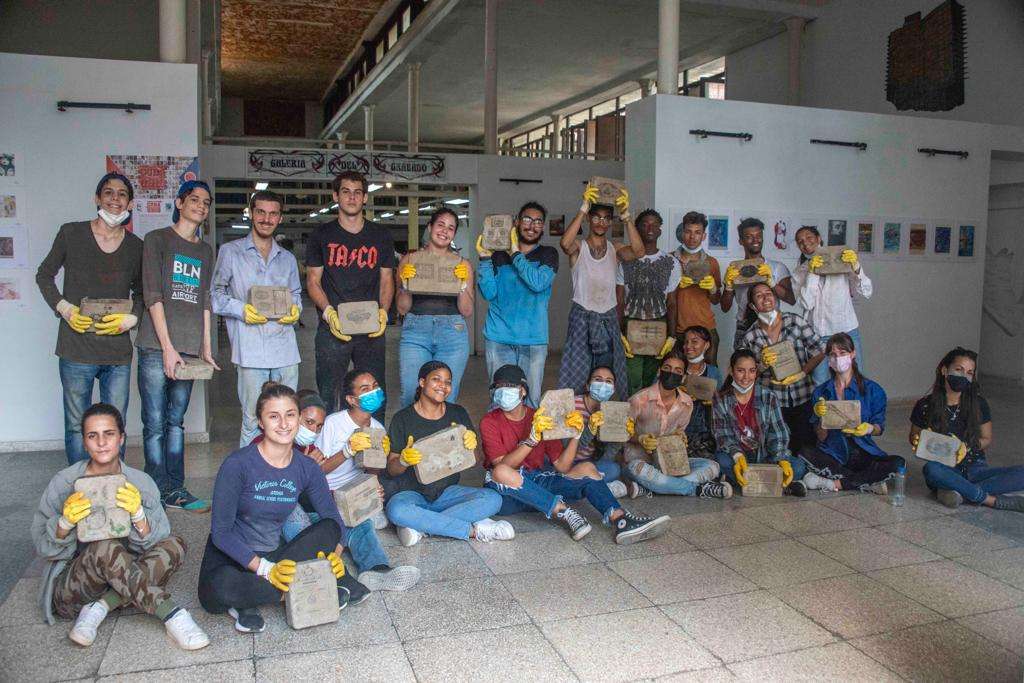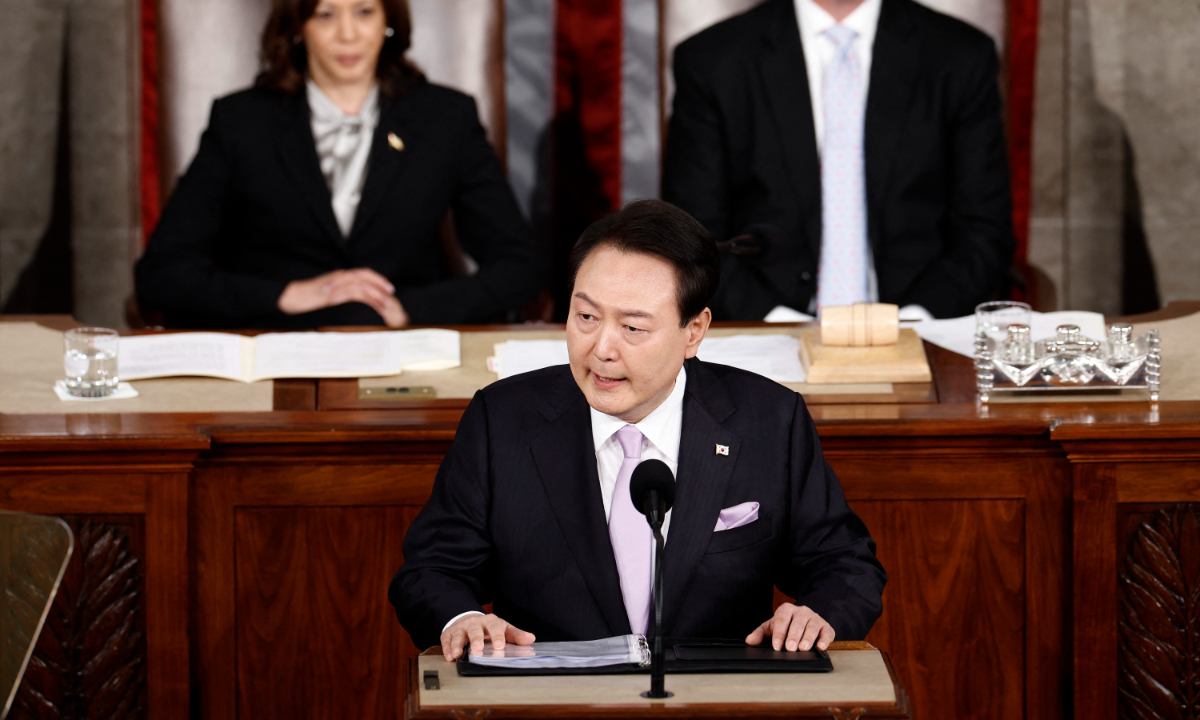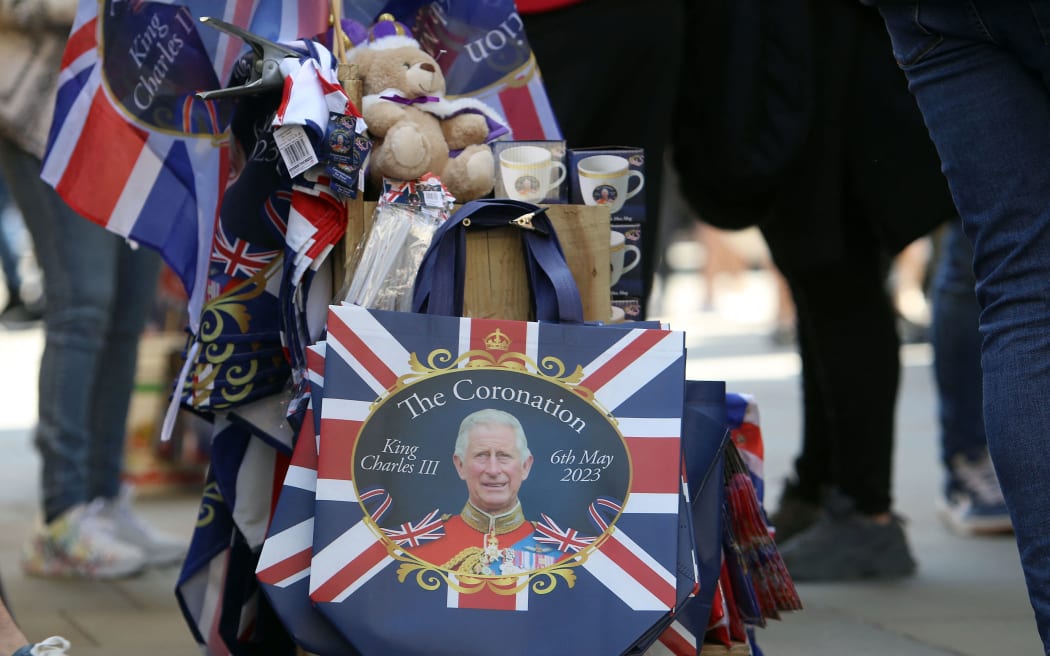
Souvenirs on sale in central London days out from the coronation. Photo: AFP
The Evelyn Estate is just half an hour's drive from the gold-trimmed gates of Buckingham Palace, but it feels like a world away.
While at the palace they are polishing the silver, tending the tulips and preparing the King's fine coronation robes, at the Evelyn community centre they're unpacking donated food that more than 100 families rely on.
Christina Norman, who was unpacking vegetables and canned food with a team of volunteers, said the world often saw London through a different lens.
"We've got palaces and landmarks … there's a lot of pomp going on," Norman said.
"But people can't afford to eat and heat. People are really struggling."
Over the winter, Britons suffered their biggest fall in living standards since records began, with stagnant wages failing to keep up with stubbornly high inflation of 10.1 percent.
Food is especially expensive, surging almost 20 percent in a year.
Every week, volunteers transform the south London community centre into a food store, allowing residents to fill their trolleys for a couple of gold coins.
They can't help everyone. More than 60 families are on the waiting list.
Norman said many people who used the community store have jobs, but their pay was not enough to keep up with the cost of living.
"We have nurses … who cannot afford their shopping," she said.
"It shouldn't be like that. There's a new class now, the working poor. It's really worrying."
Norman said next weekend's coronation celebrations might be a welcome distraction for people doing it tough.
"It doesn't matter whether the coronation happens or it doesn't. We'll still be in the same position," she said.
"My fault isn't with the royal family, it's with government."
However, 53-year-old Stewart Lendor, who relies on the food store to feed his family of four, said the estimated 100 million pound ($NZ203m) price tag on the coronation was hard to swallow.
"They're feeding the rich and the poor are getting poorer," he said. "It's all about them."
He said he has no interest in seeing King Charles III crowned.
"I don't give a bee because the royal family are doing nothing for us."
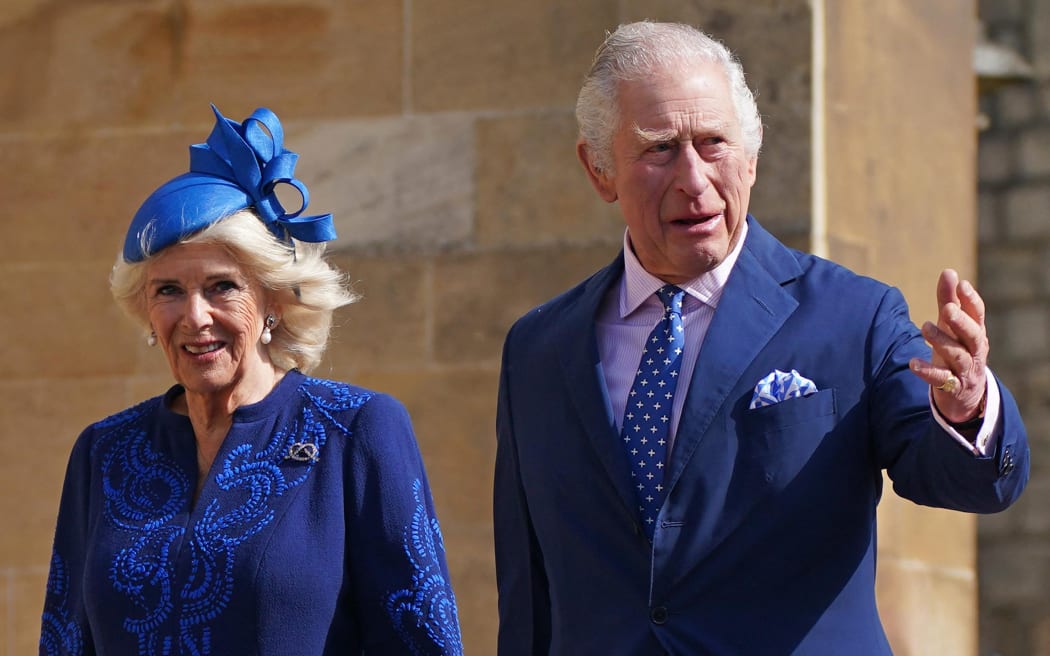
Some Britons remain unenthused about King Charles and Camilla.
Celebrations stripped back, but not too much
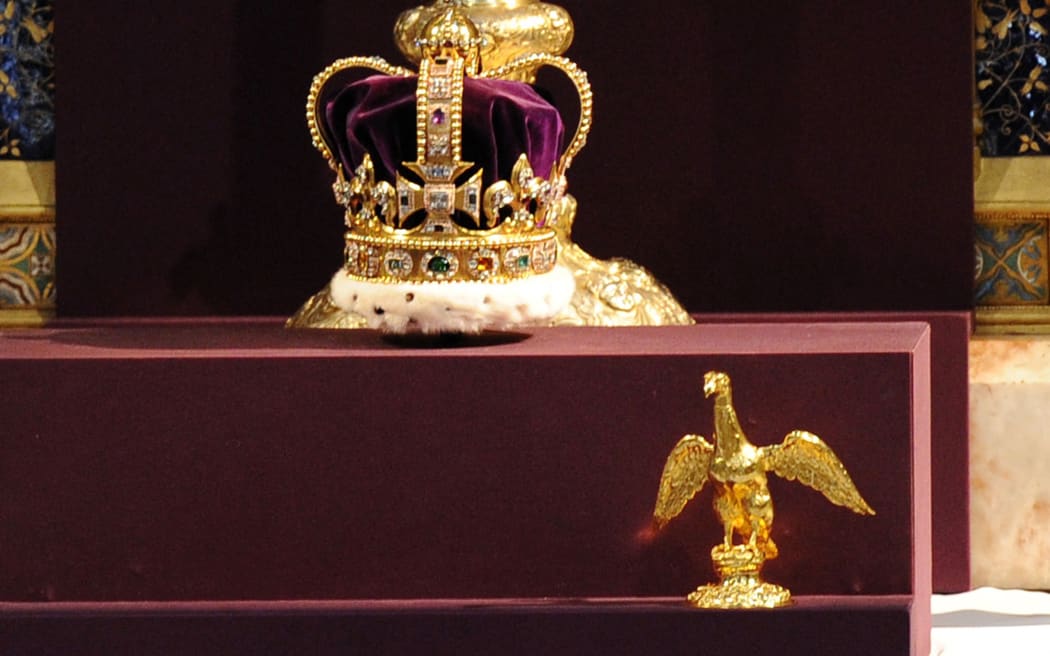
The St Edwards' crown that will be used during the ceremony. Photo: AFP
King Charles is said to have asked for a more restrained coronation to reflect the country's cost of living crisis.
Royal historian Kelly Swaby said the King was cautious about seeming out of touch.
"We're talking about carriages and tiaras and crowns while the UK is having a cost of living crisis, the worst since the Second World War.
"So I think he's very mindful of that," she said.
Even so, Swaby said the King has his reasons for continuing a number of the key traditions some may see as pompous.
"You can't strip it back too much because then people ask, why do we need it?"
The King and Queen Consort will still travel in a golden coach and the monarch will still be anointed with holy oil.
There will still be 2000 invited guests - far fewer than the 8500 invited to Queen Elizabeth II's coronation.
More than 6000 members of the military will participate in the event, which is seven times less than the number involved in the Queen's event in 1953.
In a break with tradition, there will not be a lavish banquet to celebrate the coronation.
However, there will be a spectacular military fly-past, with more than 60 aircraft flying over Buckingham Palace.
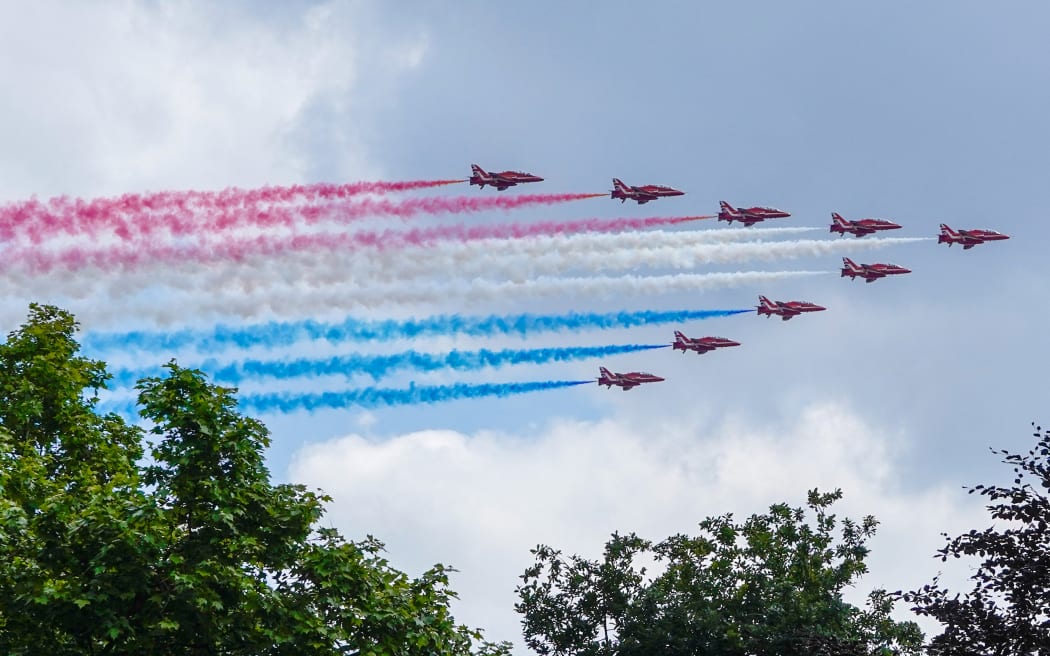
Dozens of aircraft will take part in the military fly-past over Buckingham Palace.
And a celebratory concert will be held in Windsor on Sunday, featuring artists like Katy Perry and Lionel Richie.
For students Jess Prasad and Caner Necatigil, who are struggling to pay for food, the coronation celebrations are over the top.
"We're choosing between whether we buy vegetables or eggs and they're spending so much on the coronation. It just feels like a kick in the teeth," 19-year-old Prasad said.
Necatigil said it was "immoral" for the tradition to continue while so many people were struggling to afford life's essentials.
The national mood has changed
Swaby said the UK was a very different place in 1953 when the Queen held her coronation.
"Britain had come out of the Second World War. There were still parts of London that were in rubble."
She said the coronation of the young queen provided a much-needed boost to morale.
"People would go out and buy their first TV just to watch the coronation. TV licences doubled just for the coronation," she said.
Nowadays the public was less easily impressed, she said.
"There's been a steep decline in deference to the monarchy since the Queen's coronation.

"We're currently having debates about how much the coronation costs. Is it strictly needed?"
She said these were "valid questions in the context of what the UK is going through at the moment".
In a recent YouGov poll, commissioned by the UK Republic group, 35 percent of those surveyed said they did "not care very much" about the coronation.
And 29 percent said they did "not care at all".
However, London couple Susie and Henry Pelly said they were "very excited" by the event.
"It brings in massive amounts of tourism," Henry Pelly said.
His wife said it would bring people together. "The Brits are going to be right behind it."
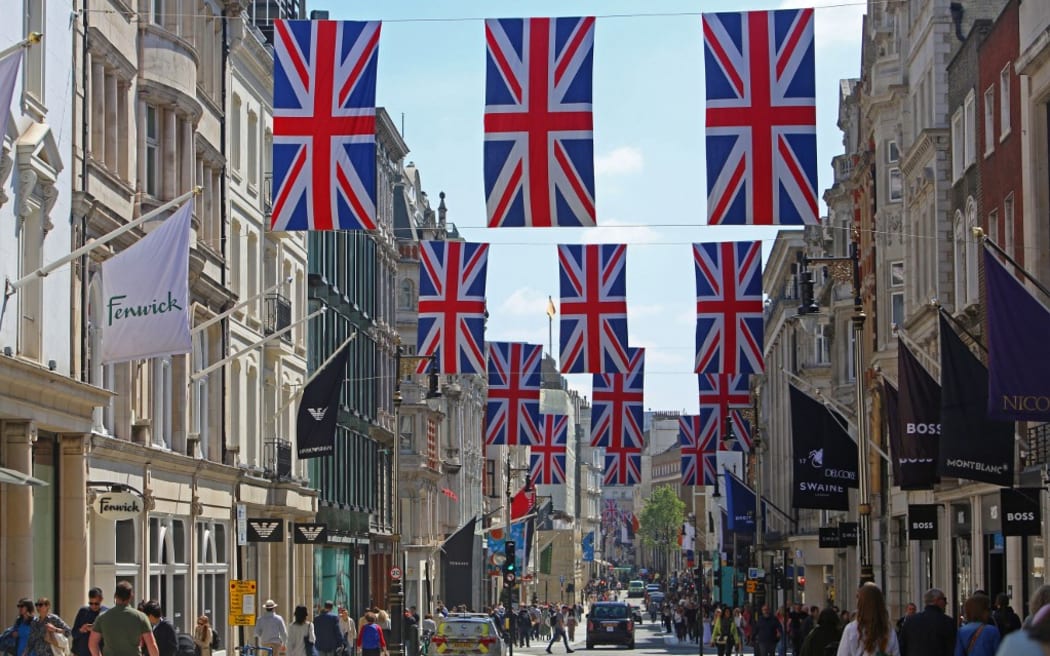
Union flags fly above Bond Street in central London, on April 29, 2023 ahead of the coronation ceremony. Photo: AFP
As a historian, Swaby said she was looking forward to the event.
"We are the only European monarchy that still holds a coronation. It's not strictly necessary," she said.
"[But] it's a day where we continue a tradition. It's a day that really shows Britain off to the world and it shows the ceremonial excellence that we are so renowned for."
The Queen is a tough act to follow
King Charles is all too aware he doesn't enjoy the same level of public affection as his mother did.
In 2013, A YouGov poll found 75 percent of Britons wanted the monarchy to continue.
However, a pre-coronation YouGov poll commissioned by BBC Panorama found that number had fallen back to 58 percent.

Liz Berry, a 32-year-old Londoner, said she was not very interested in the royal family, especially without the Queen at the helm.
"People my age grew up [with] the Queen and being really familiar with her as a figure," she said.
"Whereas, Charles, we maybe don't respect in the same way."
The royal family's very public feud is unlikely to be helping its popularity.
Prince Harry will be attending the coronation, but Meghan, Duchess of Sussex, and their children will remain in California.
In his recent accusations of his brother, Prince William, physically attacking him, and his stepmother, Camilla, leaking to the press, the Duke of Sussex has painted a picture of a deeply dysfunctional family.
However, some royal watchers believe the King can successfully modernise the monarchy and win back public support.
Royal historian Robert Lacey said the King was already showing an openness that the Queen couldn't.
"Charles has also shown an ability to express emotion that his mother never had," he said.
"It was very interesting in his first broadcast and then in subsequent broadcasts."
"He is a monarch expressing feelings in a positive, rather inspiring way. It wasn't his mother's style, but it is the style of this prince who's become a king."
-ABC
Call for British public to swear allegiance to King Charles just an 'invitation', Lambeth Palace clarifies after mockery
30 April 2023
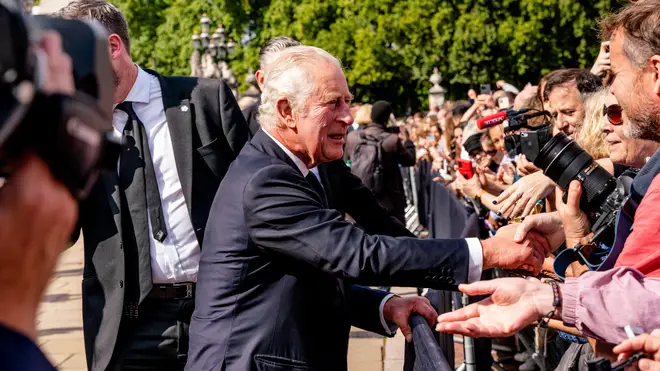
Plans for the public to swear allegiance to King Charles during the Coronation have been clarified as an 'invitation' not an 'expectation or request' after a barrage of criticism on social media
Lambeth Palace revealed on Saturday that a new Homage of the People will replace the traditional kissing of the cheek by hereditary peers.
After the Archbishop of Canterbury proclaims "God Save the King", those watching the ceremony at home, in pubs and in parks will be invited to reply: "God save King Charles. Long live King Charles. May the King live forever."
After the plans prompted mockery, Coronation organisers insisted the rally cry is “very much an invitation rather than an expectation or request”.
Read more:
Read more:
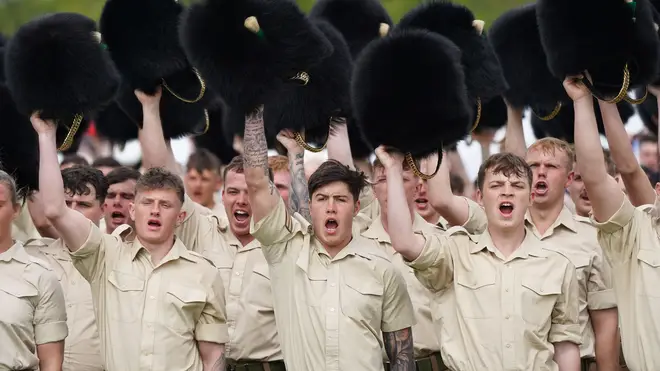
A Lambeth Palace spokesperson told The Telegraph: “For those who do want to take part, some will want to say all the words of the homage; some might just want to say 'God Save The King' at the end.
"Others might just want to say it to be a moment of private reflection.
"It’s quite right that people decide for themselves how they relate to this moment."
The clarification also comes a day after Lambeth Palace revealed that next weekend's Coronation will feature faith leaders from non-Christian religions for the first time.
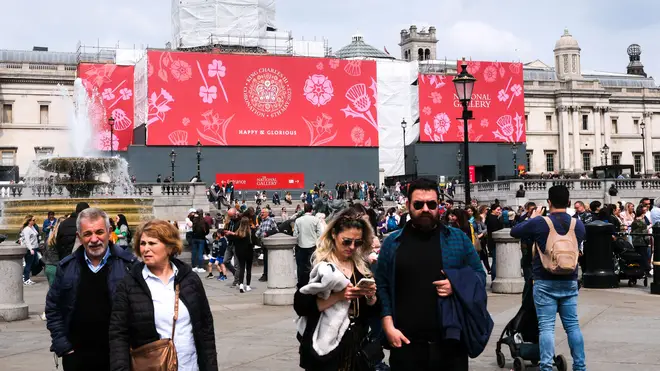
A Lambeth Palace spokesperson said: "Lambeth Palace and Buckingham Palace are pleased to confirm the names of the Faith Leaders and Representatives who will deliver a Greeting to His Majesty The King at the end of the Coronation Service at Westminster Abbey on 6th May."
They include Chief Rabbi Sir Ephraim Mirvis, KBE (Judaism), The Most Venerable Bogoda Seelawimala (Buddhism), The Rt. Hon. The Lord Singh of Wimbledon, CBE (Sikhism), Radha Mohan das (Hinduism) and Aliya Azam, MBE (Islam).
After the service is over, the King will receive a special greeting by the Jewish, Hindu, Sikh, Muslim and Buddhist leaders in attendance.
Lambeth Palace said this "unprecedented gesture" reflects Britain's "religious diversity".


